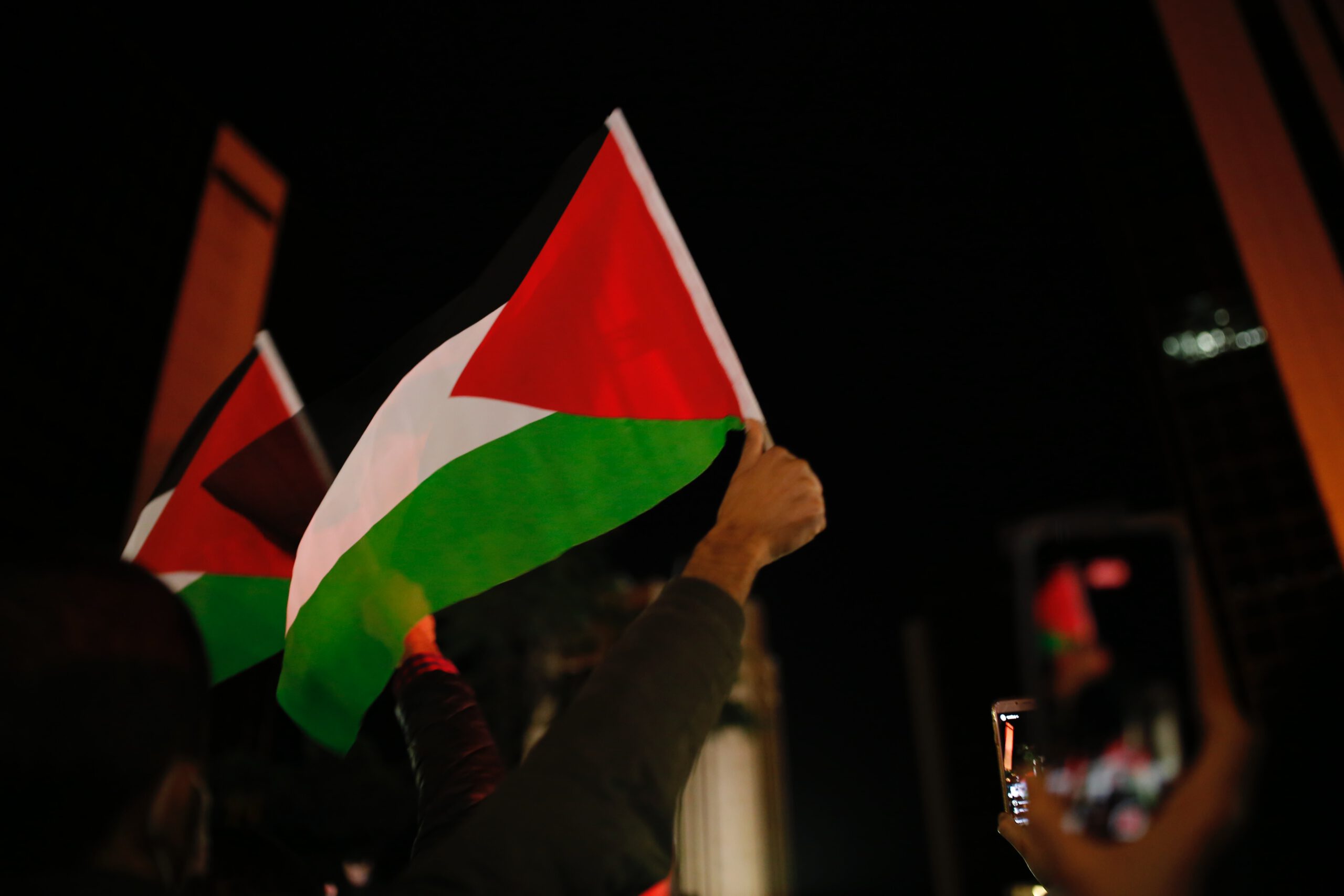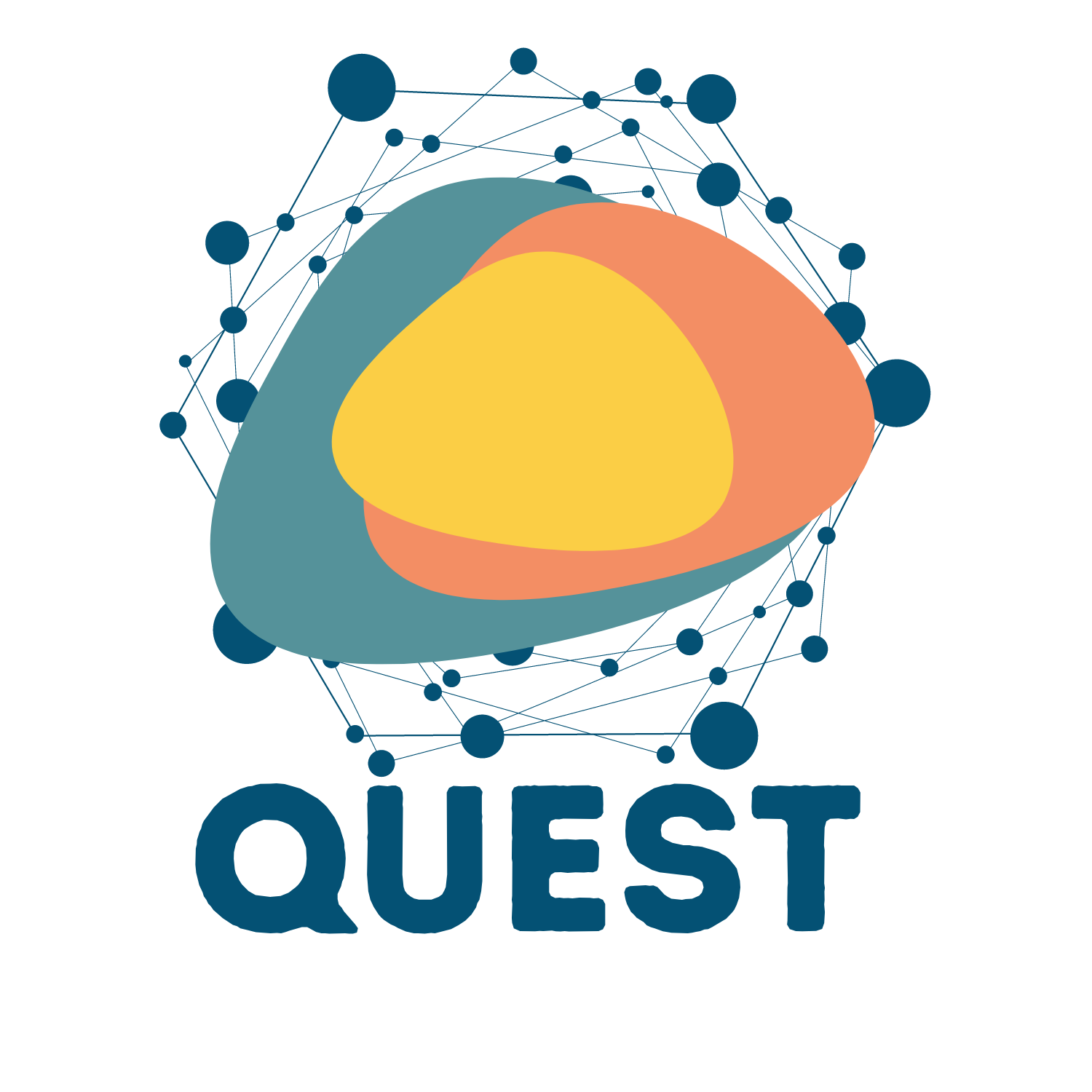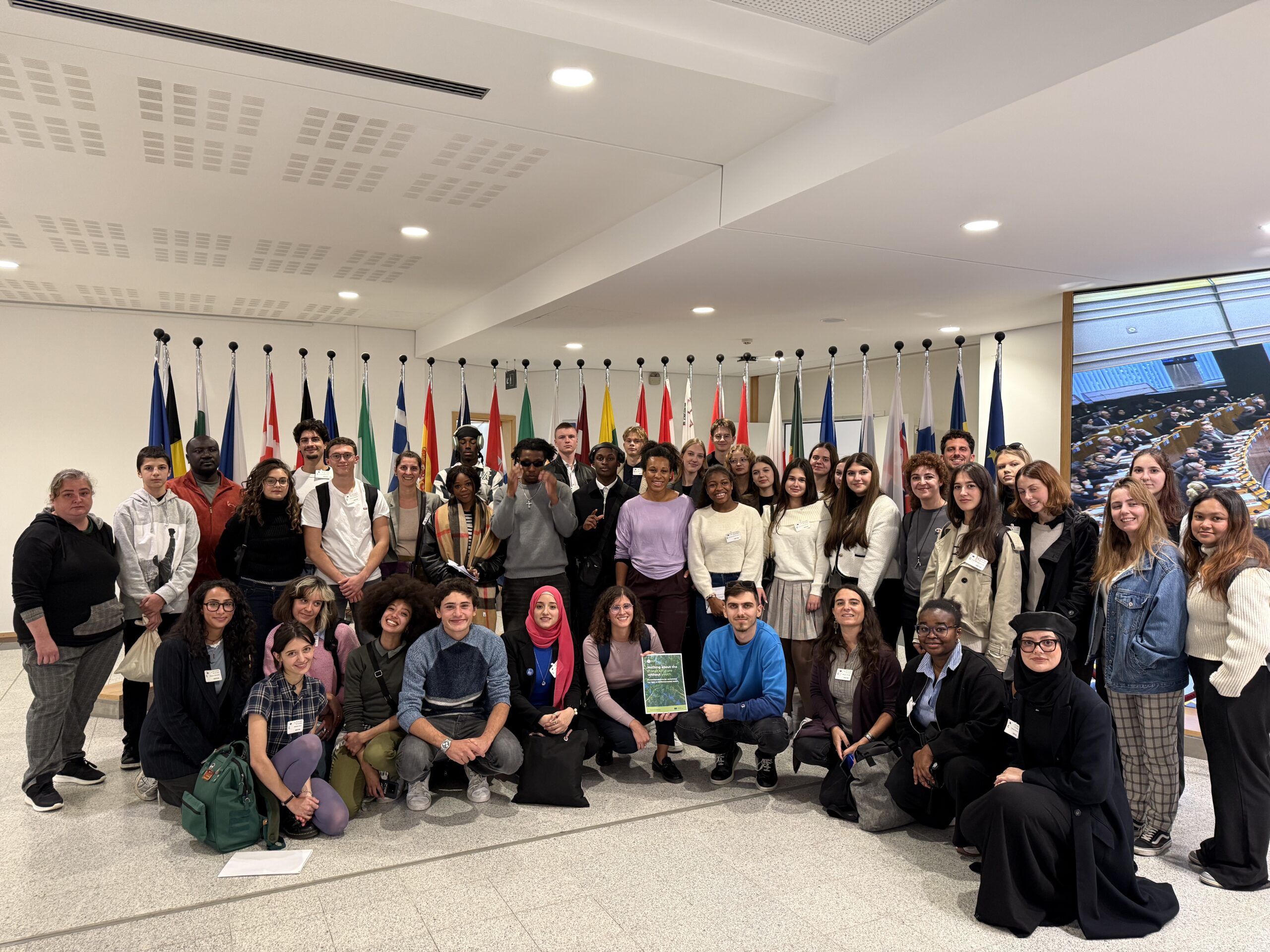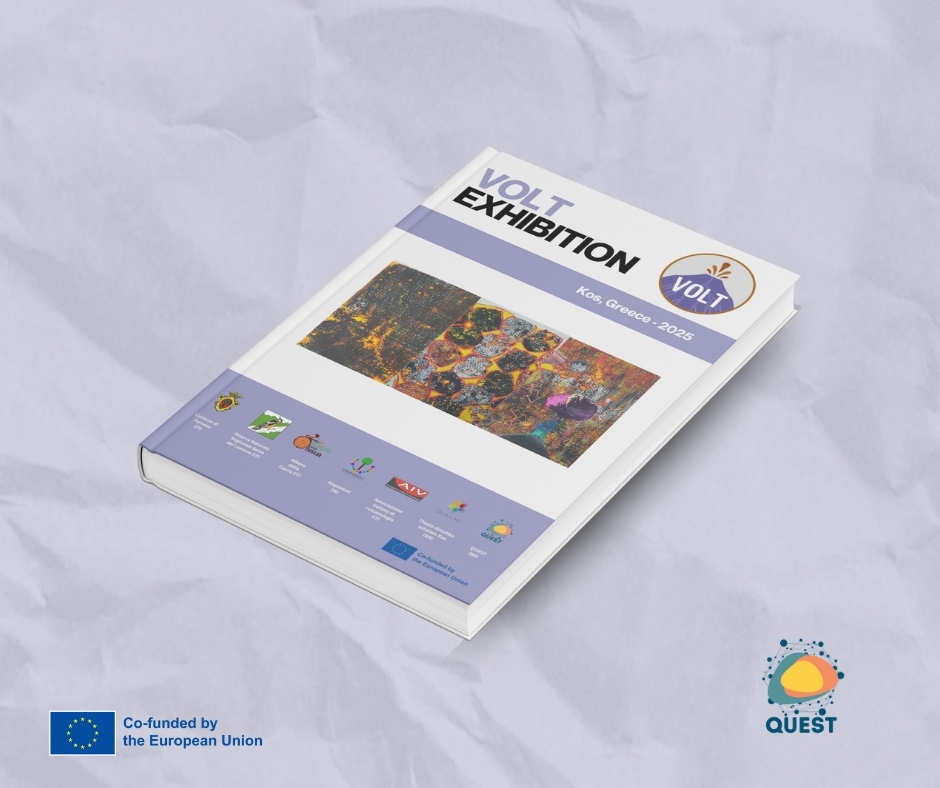QUEST is extremely concerned by the tragic events happening in Gaza Strip and the impact this is having on children in the short and long run.

“At least 3,195 Palestinian children have been killed in the past three weeks. About a million have almost no access to essential healthcare services in Gaza. According to UNICEF, more than 400 palestinian children are reportedly either killed or injured daily and more than 5,364 children have been injured so far. More than 30 Israeli children reportedly have lost their lives, and dozens remain in captivity within the Gaza Strip. It is the deadliest escalation of hostilities in Gaza Strip since 2006, already surpassing the annual number of global children killed in the conflict zone since 2019.
Universities, United Nations schools and locally run schools have been bombed and destroyed. This is not the first time that children, their houses and their schools have been targeted in the Occupied Palestinian Territories and Israel. It is just worth remembering reports by OCHA in 2021. As the UN Secretary General Antonio Guterres highlighted, current violences are rooted in a long history of injustice and sufferance: “The Palestinian people have been subjected to 56 years of suffocating occupation. They have seen their land steadily devoured by settlements and plagued by violence; their economy stifled; their people displaced and their homes demolished. Their hopes for a political solution to their plight have been vanishing. But the grievances of the Palestinian people cannot justify the appalling attacks by Hamas. And those appalling attacks cannot justify the collective punishment of the Palestinian people”.
Today, children in Gaza are heavily exposed to violence and deep distressing events, among which: indiscriminate attacks against populated areas done with no or unreasonably short evacuation warnings; constant denial of access to first necessity goods and services such as electricity, water, and food; forcible transfer from northern to southern Gaza without any guarantee of safety or return.
Not only does this violence affect children’s life and well-being now, but their repercussions will also be felt over a lifetime: the loss of relatives, of basic economic and social security, of education due to the disruption and destruction of education facilities, the occurrence of traumas. All these consequences will affect Palestinian children’s psychological, emotional, social and economical future.
An immediate ceasefire is the only way to protect children’s lives now, coupled with an immediate respect by all parties of International and Humanitarian Law, including the Convention on the Rights of the Child. Specific measures must be put in place to ensure children’s security and right to a safe and healthy environment, one where their wellbeing is protected in the short term and in a lifelong perspective.
QUEST, in its mission to support democratic education, considers that the only way to ensure world peace in the long-term is by embedding it from early education on. But democratic education has always to be coupled with political measures allowing all children to be safe and protected now. Allowing children to live and learn within safe and healthy environments, where they can express their full rights and experience cooperation, conflict-resolution, nonviolence and community values, is the missing key towards building a respectful and rights-driven international society.
We therefore call for a united effort to protect children’s present to ensure peace in the future. This starts with treating all children’s lives with equal respect and protection, without unacceptable double standards in international response to safeguard children and civilian lives. Only with these bases we can effectively promote a culture of peace and democracy, instead of hate and violence.”



